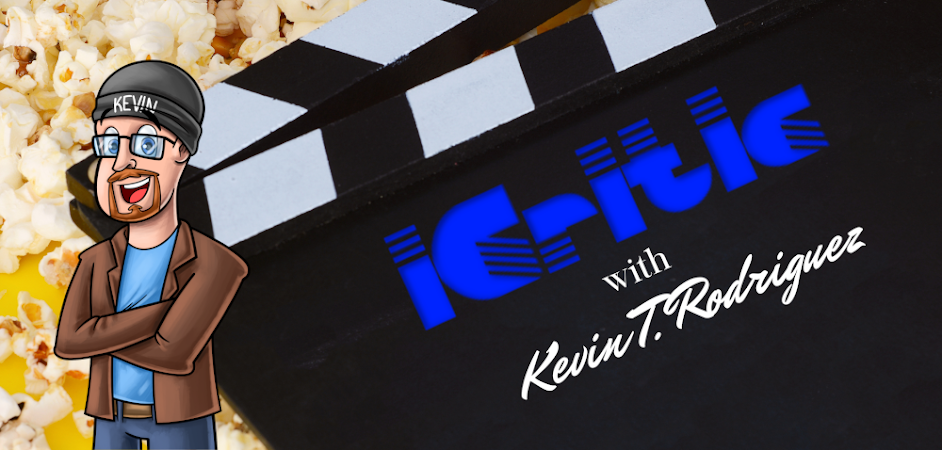Director: Tomomi Mochizuki Studio: Studio Ghibli Genre(s): Drama Rated: PG-13 (For some thematic material) |
As the final Studio Ghibli film to receive an official
release in the United States, you would think that the release of “Ocean Waves”
would be something of a big deal to fans of the prestigious studio over
here. However, while “Ocean Waves” is a
nice little movie in its own right, I think many people would do well to tamper
their expectations a little. It’s easy
to understand the allure of something we have been denied for so long (23 years
in this case), but it’s easy to forget that sometimes the lure of the unseen is
more interesting than what the product actually is. There was no major loss on our part that we
never got this movie until now. I am not
saying I was in favor for keeping it overseas, but I could have certainly lived
without seeing this if it came down to it.
It is a simple slice of life story about two teenagers falling in love,
except without the drama that was made popular by “Dawson’s Creek” just a few
short years later.
The movie isn’t even really a movie. It was made as a television special for
Japan, where Studio Ghibli could do a cheap product on the quick for some extra
cash while giving new animators a project to work on and hone their
skills. The fact that most other
countries got it as a theatrical release goes to show that an average project
from Ghibli that is deemed worthy of just being shown on television still shows
so much quality (especially in comparison to other animation studios) that it
can be deemed worthy of being shown in theaters. I did watch the movie noting that the
animation was good, but far less than I what I expected from the studio. Shadows and lightening were especially non-theatrical
in my eyes. However, I knew about the
movies TV roots before going into this, and I doubt the average viewer is going
to notice or care much anyway.
They will likely find interest in the story of young Taku
Morisaki falling love with his fellow classmate Rikaka Muto, who is a transfer
student that has a reputation for being cold and uncaring. As with most Ghibli films the reasons for her
coldness are slowly reveled as the film goes on, but for most of the time we
surprisingly view the situation from a great distance. Taku is reluctant to get involved with the
new girl as his best friend Yutaka loves the girl himself, and is a little more
forward with his pursuit of her. In an
American movie, the two boys would become bitter rivals over this fact and
spend most the film trying to one up each other. You have to love Japanese culture then, when
it turns out they’re eventually falling out is not based on the revelation that
both boys like the same girl, but from the fact that Yutaka is offended that
Taku doesn’t show Rikaka the respect he feels she deserves. It’s a very…unusual, bromance story, to say
the least.
The problem isn’t that the rivalry between the two is
developed in this way, only that the way its developed doesn’t warrant the
amount of time spent on it. For me the
winning storyline in the movie involves Taku going to Tokyo with Rikaka and
finding out the circumstances on why she moved to Kochi in the first place, and
how she is (probably with delusions) thinking she can go back to her old way of
life. I’ve still seen this story better,
but leave it to Ghibli to be more observant of human behavior than most live action
films are about the subject. When you
get down to it, this was a logical story for a TV special. At fifty minutes, it might have been perfect
for what it was. At seventy-two minutes,
it stretches itself too thin (even if that is far from a long amount of
time). Regardless of what you think of
the movie in the long run, I think we can all agree TV is where this belonged.
Ultimately, I do believe that the only reason “Ocean Waves”
works in the long run is because it has all the little, quiet moments that
Ghibli knows how to do well, which sucks us in despite a rudimentary
screenplay. It is a basic movie, basic
story, and basic execution. It is
everything it was supposed to be, but ultimately it isn’t bad either. It is a movie most are unlikely to watch
again, but as the movie was a nice stepping stone for Studio Ghibli animators,
maybe “Ocean Waves” is best considered a good stepping stones for families
moving from the children movies of the studio library into the more adult
movies.
P.S. The MPAA has made the stupefying choice to rate “Ocean Waves” PG-13. Except for a comment about a women’s breast size, there is literally nothing here I can think of that would be of offense, and most families will be just fine watching it without objection.

|
|
|
|
| CONSUMER ADVICE |
Parents, with the exception of one crude comment about a girls breast size, there is practically nothing objectionable. And honestly...even the comment is pretty tame when you get down to it. Recommended for ages 7 and up.
|






